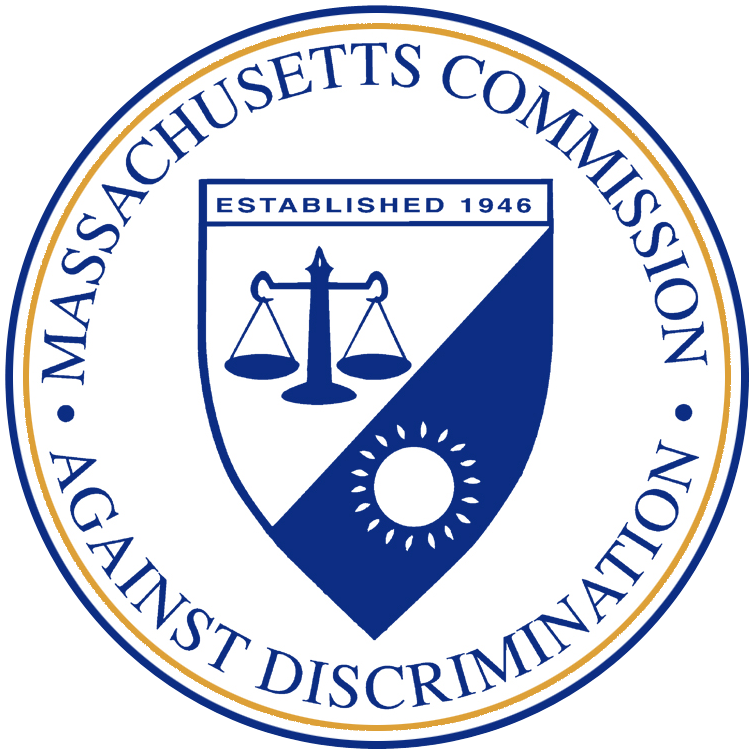- Massachusetts Commission Against Discrimination
Media Contact
Justine LaVoye, Press Secretary, Director of Communications, & Legislative Liaison

MASSACHUSETTS — The Massachusetts Commission Against Discrimination (MCAD or “Commission”) has published final Guidelines on Harassment in the Workplace. Unanimously approved at the Commission’s July 2, 2024 meeting, this comprehensive update—the first in over two decades—incorporates extensive public input, reaffirming the MCAD’s dedication to inclusion and service to the citizens of the Commonwealth.
All Massachusetts employees are entitled to work in an environment free from unlawful harassment, which is a form of employment discrimination prohibited by Massachusetts law under M.G.L. c. 151B, §§ 4(1), 4(1B), 4(1C), 4(1D), 4(4), 4(4A), 4(5), 4(16), and 4(16A). Unlawful harassment can include sexual harassment or harassment based on an employee’s membership in a legally protected group, or “protected class”—a notable addition to the new guidelines, which have expanded from only identifying sexual harassment. Such conduct deprives employees of their rights and basic well-being in the workplace and both types of unlawful harassment can take form of either quid pro quo harassment (when an employee is asked to submit or tolerate sexual/discriminatory conduct) or hostile work environment harassment.
“The updated Guidelines on Harassment in the Workplace are a significant achievement for the MCAD because they are mission-forward and reflective of the modern workplace,” said MCAD General Counsel Deirdre Hosler. “The guidelines not only contain updated references and analysis of case law, inclusive gender-neutral language, and sections addressing topics such as intersectional harassment and online harassment, but they also reject problematic frameworks from the previous guidance, such as the need to prove quid pro quo harassment is “unwelcome.” The guidelines seek to improve the public’s understanding of unlawful harassment, for the benefit of employees, employers, and practitioners alike.”
The MCAD issued a draft of the guidelines on January 25, 2024, and opened a 60-day public commentary period, which closed on March 25, 2024. During this period, the MCAD received eight sets of comments on the draft, all of which were carefully considered in the finalization of the guidelines.
Employers are required by law to adopt and provide their employees with a sexual harassment policy. While not required, the MCAD recommends employers to adopt a general anti-harassment policy that aims at eliminating all protected class harassment in the workplace as well.
The Guidelines on Harassment in the Workplace and the MCAD Brief Guide to Anti-Harassment Law in the Workplace are now available on the MCAD’s website. In addition, the MCAD provides Harassment in the Workplace Trainings as well as a Model Sexual Harassment Policy for employers to use and a Sexual Harassment Poster that employers can post in their workplace.
###
